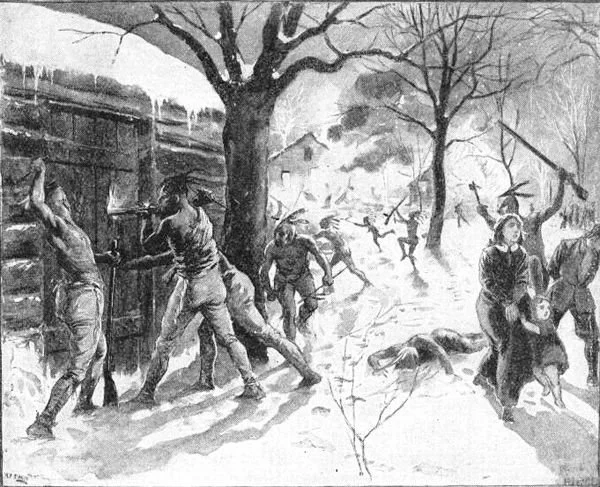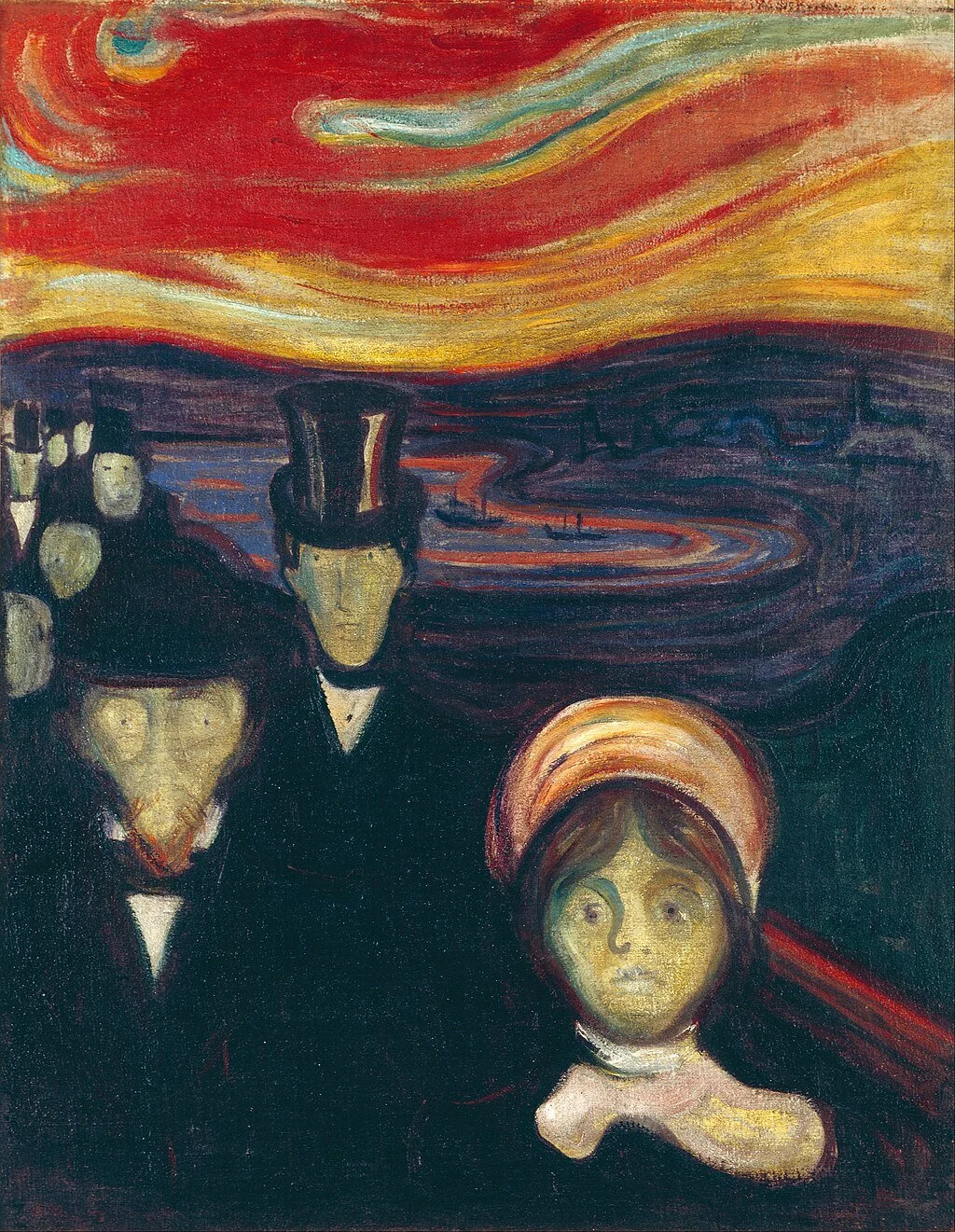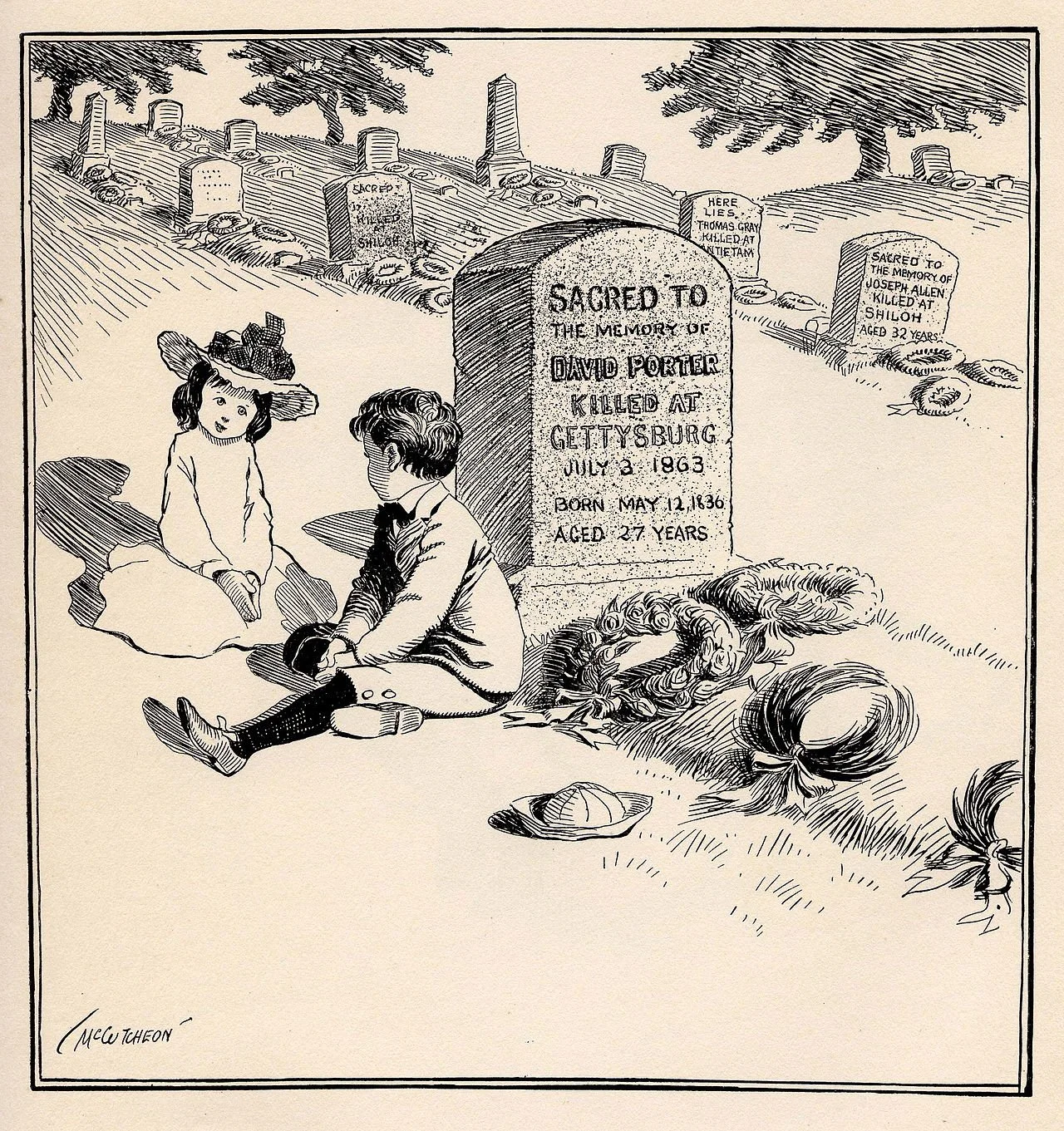Until a few weeks ago the Connecticut Department of Children and Families was using its Internet site to propagandize children about sex and politics by publicizing a list of purported definitions of sexual terms.
The definitions held that every form of sexual expression and conduct is normal except one and that anyone who questions anything sexual is an enemy of the people. The one purportedly sexual deviancy admitted by the list was interest in guns. "Someone who has an unnatural romantic relation with firearms or affection for or love of firearms" was termed an "ammosexual."
"Binary sex" was defined as "a traditional and outdated view of sex, limiting possibilities to 'female' or 'male.'" The supposedly proper outlook was reflected by the term "gender gifted" -- "a person whose capacity for gender expression exceeds the binary." Such people, according to the list, might better be described with a new gender-neutral pronoun, not by "he" or "she" but rather "ze."
Even a few ordinary words were redefined and sharply narrowed in their meaning by the list. "Advocate" became "a person who works to end intolerance, educate others, and support social equity for a group," while "ally" became "any non-lesbian, gay, bisexual, or transgender person who supports the rights of LGBT people."
The list forbade use of a few sexual terms as disrespectful even as it advocated a disrespectful term of its own: "gayby," the baby of a same-sex couple, as if babies need to be classified according to the gender of their parents. (What are the children of "gender-gifted" parents to be called? Thankfully the list didn't say.)
It's good that the country has become more libertarian about entirely personal matters. No one really needs to care much that, for example, some men want to dress as women and some women want to dress as men. But whose bathrooms they use is another matter.
For it is one thing to tell children that much of gender is a social construct, that sexuality can be fluid and mysterious, that gender dysphoria is a phenomenon deserving scientific study, and that it may be best to be kind to people and refrain from unnecessary judgments. It is something else to tell children that social norms have no legitimacy, that people must be politically correct, and that the only perverts are people who support the Second Amendment.
Even the songwriter Cole Porter, who, in a repressive era, still managed to enjoy plenty of extravagance, including sexual extravagance, recognized lyrically, in this song “Anything Goes,’’ the necessity of a little social order.
In olden days a glimpse of stocking
Was looked on as something shocking.
But now, God knows --
Anything goes. ...
The world has gone mad today
And good's bad today
And black's white today
And day's night today
And that gent today
You gave a cent today
Once had several chateaux.
The sexual-definitions page on the DCF internet site was disclosed by an internet site, the Daily Caller, whose report was publicized by the Connecticut Capitol Report Internet site, whereupon the department recognized the content's inappropriateness for children or at least its political indefensibility and removed it.
A DCF spokesman told the Journal Inquirer that the department had no idea where the definitions came from or who was responsible for conferring the department's endorsement on them and that it would be impossible to find out. This only raised suspicion that the department didn't want to know and that, as its troublesome record suggests, its attitude remains that even with children anything goes.
Chris Powell, an essayist on cultural and political topics, is also managing editor of the Journal Inquirer, in Manchester, Conn.

















